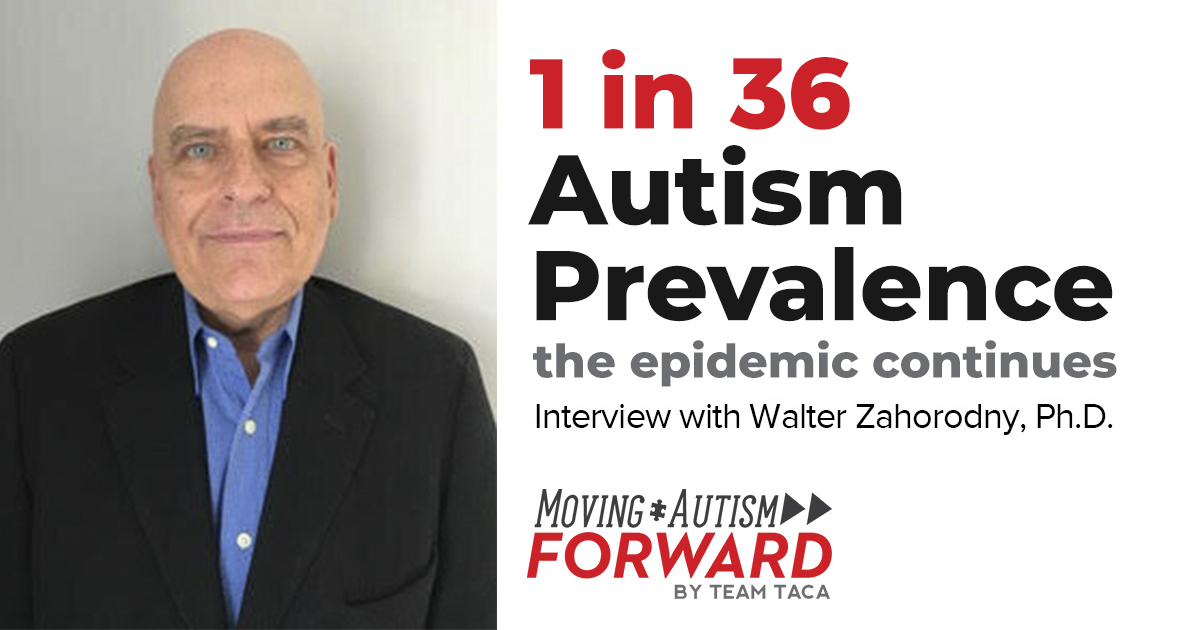Judge Not … « Movie City NewsSo, I started out today by reading this piece on the Hot Blog about Roger Ebert writing about this Jack Kervorkian movie on HBO, and how that pissed off this guy Steven Drake from Not Dead Yet, an activist group in the disabled community. For the record, I am generally in favor of assisted suicide, so I started to write a piece about that. But then I went down a couple rabbit holes that explored some other ideas that I found equally intriguing to think about and write about, so here you go.
One of the issues Not Dead Yet seeks to highlight is cases where disabled kids who are not terminally ill or in chronic pain have been murdered by a parent, as in the case of thee-year-old Katie McCarron, whose mother, Dr. Karen McCarron, was convicted in 2008 of smothering her to death with a plastic bag and then trying to conceal the homicide.
In this piece on Not Dead Yet, Drake expresses his dismay that much of the coverage of Katie McCarron’s death was “dominated by discussions of autism, poor support services, and an alarming parade of parents seemingly eager to tell the public they’ve felt like killing their own kids with disabilities.”
To which I would say, well, it seems reasonable to me that, especially in a case where a parent has killed their autistic child, there would be a good deal of discussion about the “why,” and that such a discussion would open the door for other autism parents to express their own feelings of frustration in being unsupported and overwhelmed. Perhaps if Karen McCarron had felt able to express her own emotions around all this, she would have gotten help rather than killing her daughter.
It’s not “blaming the victim” to acknowledge that caring for a child with autism is hard, that it’s different from caring for a “normal” child, that support services are underfunded and always under threat of funding cuts, and that when parents of an autistic child are not supported, tragedies like this can and will happen. That’s not validating the idea that it’s okay to murder your disabled child, it’s making it okay for parents of disabled kids to say, “This is really hard, some days I feel like I’m drowning, please help me.”
More http://moviecitynews.com/2011/07/judge-not/





.jpg)
.png)










































 ShareThis
ShareThis